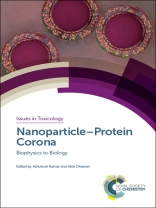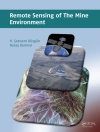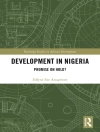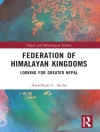Nanoparticles have numerous biomedical applications including drug delivery, bone implants and imaging. A protein corona is formed when proteins existing in a biological system cover the nanoparticle surface. The formation of a nanoparticle–protein corona, changes the behaviour of the nanoparticle, resulting in new biological characteristics and influencing the circulation lifetime, accumulation, toxicity, cellular uptake and agglomeration.
This book provides a detailed understanding of nanoparticle–protein corona formation, its biological significance and the factors that govern the formation of coronas. It also explains the impact of nanoparticle–protein interactions on biological assays, ecotoxicity studies and proteomics research. It will be of interest to researchers studying the application of nanoparticles as well as toxicologists and pharmaceutical chemists.
Mục lục
Nanoparticle-Protein Corona Complex: Composition, Kinetics, Physico-Chemical Characterization, and Impact on Biomedical Applications; Biological Significance of the Nanoparticles Protein Corona; Factors Affecting a Nanoparticle’s Protein Corona Formation; NP-Protein Corona Interaction: Characterization Methods and Analysis; An Analytical Approach to Investigate Nanoparticle-Protein Corona Complexes; Impact of Nanoparticle-Protein Interactions on Biological Assays; Computer Simulations for Understanding Nanoparticle-biomolecule Corona Formation; In Silico Approaches to Design and Characterize Peptide-based Nanostructures; Nanomaterial-Blood Interactions: A Biomedical Perspective; The Protein Corona: Applications and Challenges












